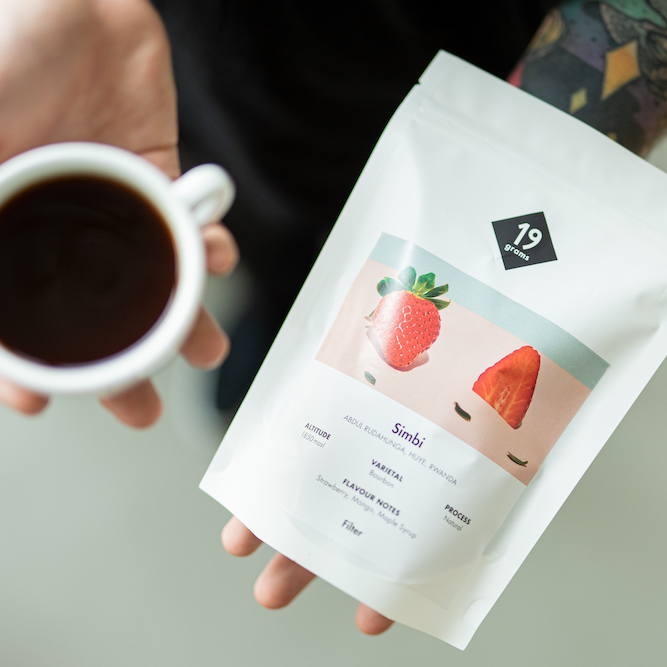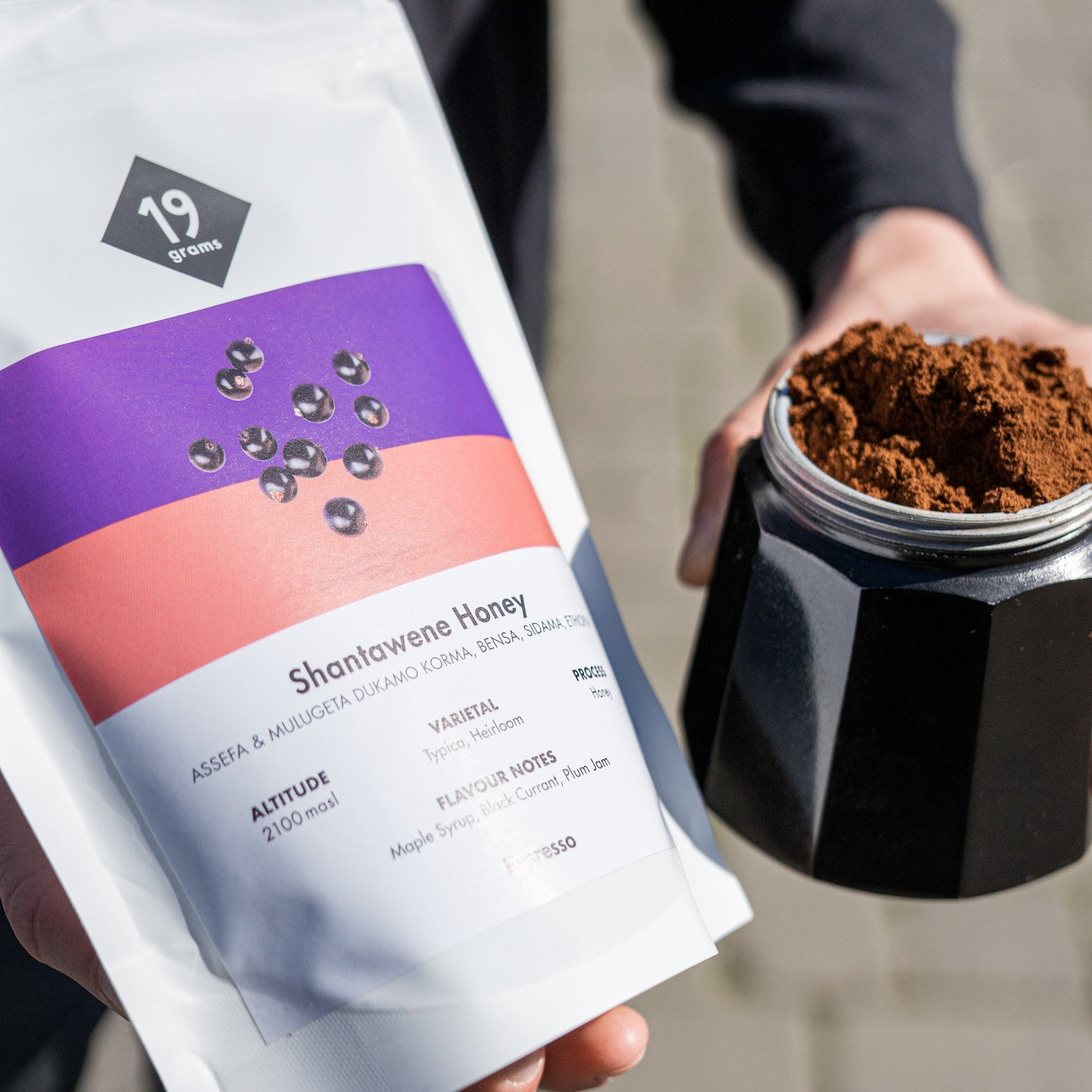Coffee, known for its aromatic appeal and stimulating kick, has long played a central role in morning rituals and lively cafés. But recently, a variety of alternatives have emerged that take on the concept of "coffee" while putting their own twist on the traditional beverage. Different from traditional coffee beans, these innovative options promise a comparable experience tailored to diverse tastes, dietary preferences and health considerations. Let's take a brief exploration into the world of alternative "coffees" that challenge convention and introduce intriguing new options for the curious palate.
Chicory Coffee:
Derived from the root of the chicory, Chicory Coffee is an established coffee substitute with a centuries-old tradition. With a nuanced blend of slightly bitter and nutty flavours reminiscent of coffee, chicory coffee is often blended with ingredients such as roasted barley or rye for a well-rounded taste. This caffeine-free choice is also prized for its potential digestive benefits, making it an interesting option for those seeking a coffee-like experience without the caffeine boost.
Dandelion Root Coffee:
Once considered a troublesome weed, dandelion root coffee has evolved into a drink worth sipping. Made from roasted dandelion roots, it offers a deep, earthy flavour that reflects the richness of traditional coffee. Beyond its bold flavour, dandelion root coffee is prized for its potential detoxifying properties and content of essential vitamins and minerals.
Yerba Mate:
Originating in South America, yerba mate is a prized herbal infusion that imparts an energy similar to coffee. Brewing the leaves of the yerba mate plant creates this drink, which is often shared in a communal bowl. Yerba Mate offers a harmonious blend of caffeine and other compounds that promote alertness without restlessness, making it the preferred choice for sustained energy.
Matcha:
Originating in Japan, matcha is finely ground green tea known worldwide for its distinctive taste and vibrant colour. With a creamy, slightly bitter taste, matcha offers a delicate alternative to regular coffee. The caffeine content in matcha provides focused, serene energy, while the L-theanine content promotes relaxation and mental clarity.
Roasted Carob:
For those looking for a caffeine-free, chocolatey coffee substitute, roasted carob might fit the bill. Carob, harvested from Mediterranean carob trees, is roasted and ground to create a drink reminiscent of cocoa with a hint of coffee. Rich in natural sugars, roasted carob offers a natural sweetness without the need for added sugar.
Golden milk:
Rooted in Ayurvedic tradition, golden milk has gained attention for its soothing and anti-inflammatory properties. Consisting of a blend of turmeric, milk (or milk substitute) and spices such as black pepper and cinnamon, golden milk offers warmth and comfort without the caffeine found in coffee. Its warm colour and health benefits make it a holistic alternative worth exploring.
Cosmic coffee:
Beyond the earthly sphere, cosmic coffee offers a truly transcendent experience. Developed from a blend of adaptogenic herbs, botanicals and mushrooms, cosmic coffee strives for mental clarity and focus without conventional sources of caffeine. Inspired by the notion of cosmic consciousness, this alternative invites you to explore your inner world while enjoying a warm and energising elixir.
Muckefuck (Mock Coffee):
Muckefuck, derived from the French term "mocha faux", includes coffee-like alternatives such as malt coffee, grain coffee or chicory coffee. These variations come in various forms, from brewable to instant, providing a variety of options for those seeking alternatives to traditional coffee.
Barley coffee:
Derived from malted barley, barley coffee has a rich aroma reminiscent of coffee. Ripe barley grains are sprouted, which converts starches into maltose through natural enzymes. Roasting the grains after drying produces a caramelised maltose flavour and brown colour. This powder is dissolved in hot water to make an aromatic drink.
Cereal coffee:
Unlike malt coffee, grain coffee is made from ungerminated grain and contains no maltose but more bitter substances. Different grains such as spelt, rye, barley and occasionally corn can be used to make this coffee substitute, which offers a unique taste and experience compared to traditional coffee beans.
Acorn Coffee:
Acorn coffee is an interesting regional alternative. By roasting acorns, a coffee-like beverage can be produced. After removing the prickly shells, the fruits are roasted at 120°C until light brown. They are then ground and brewed like normal coffee. Acorn coffee is valued for its digestive properties and its ability to combat heartburn.
Lupin coffee:
Made from the seeds of the sweet lupin, lupin coffee offers a caffeine-free alternative. The seeds are dried and gently roasted, resulting in a coffee that resembles the taste of regular coffee while maintaining a low level of bitterness. Lupin coffee is rich in nutrients and a popular choice for those looking for alternatives.
Exploring the world of tea:
While the world of coffee alternatives is fascinating, the world of teas is equally diverse and enticing. Among these, guarana and oolong tea stand out as interesting options.
Guarana:
Originating in the Amazon rainforest, guarana is prized for its stimulating properties. Obtained from the seeds of the guarana plant, it contains natural caffeine as well as other compounds that provide constant and sustained energy. Its potential cognitive benefits and metabolism-boosting effects make it the preferred choice for individuals looking for an alternative source of energy.
Oolong tea:
Originating in China, oolong tea is somewhere between green and black tea in terms of oxidation. Its diverse flavours, from floral to fruity, make it a popular choice for tea connoisseurs. Oolong tea contains moderate caffeine and a number of potential health benefits, making it a delicious and health-conscious alternative to coffee.
In the wide world of beverages, from chicory coffee to oolong tea, there are no limits to exploration. Take advantage of the variety, enjoy the flavours and embark on a journey of taste and well-being, enriched by the multitude of alternatives that redefine our beverage experiences."







